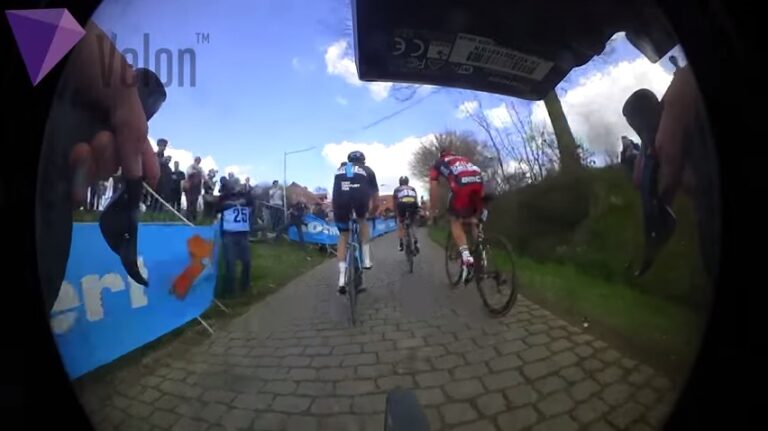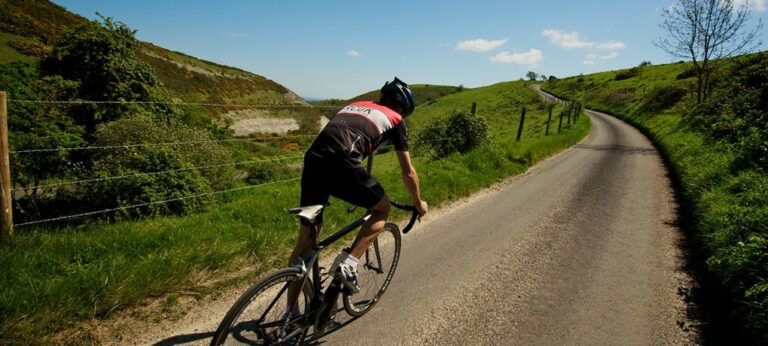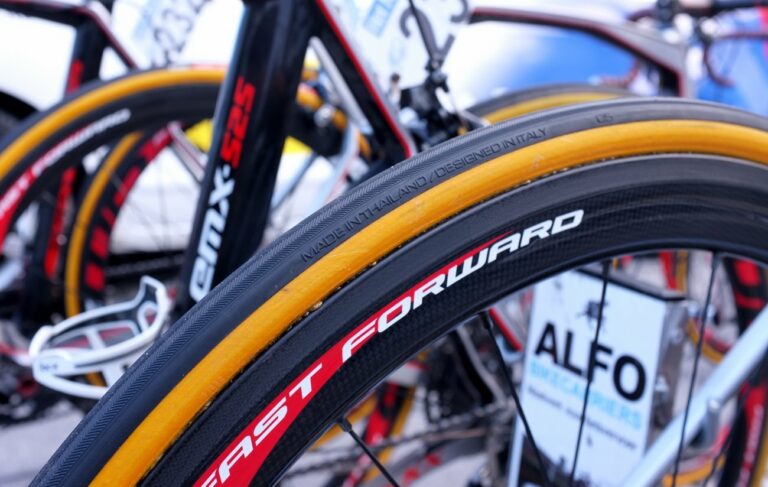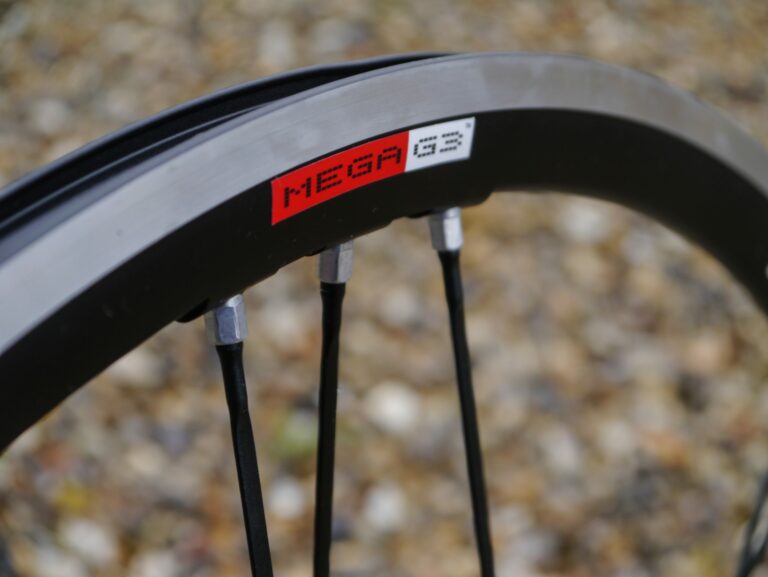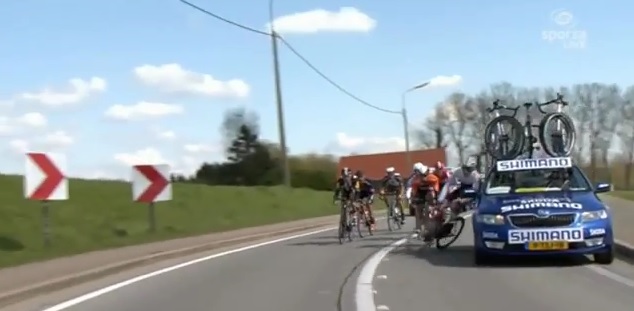Why upgrade your wheels?
-

Materials and rim profiles differ so check to see what is most suitable for your intended use (Pic Media24)
-
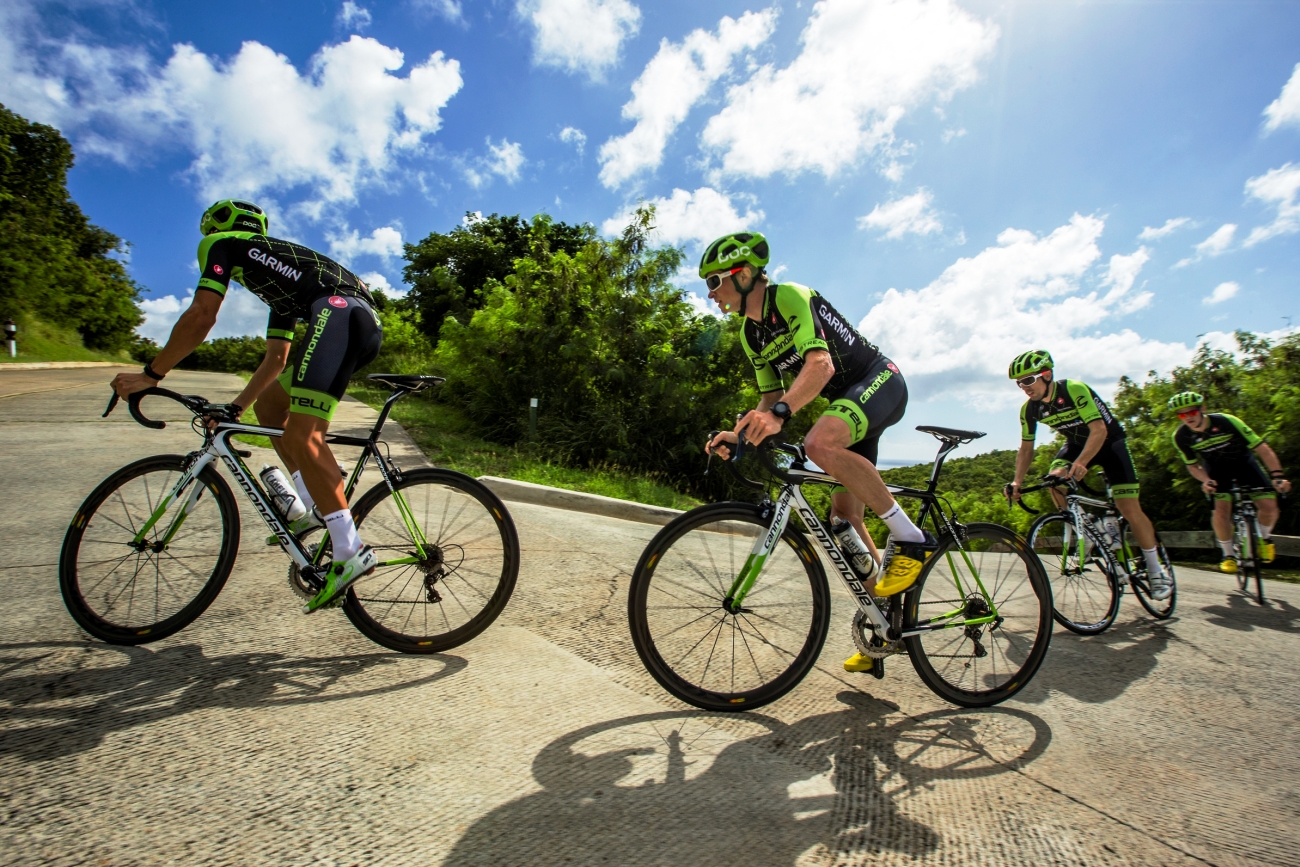
Make sure you know what you want to achieve before you buy new wheels, or you'll find you have the wrong tools for the job (Pic: Cannondale-Garmin)
-
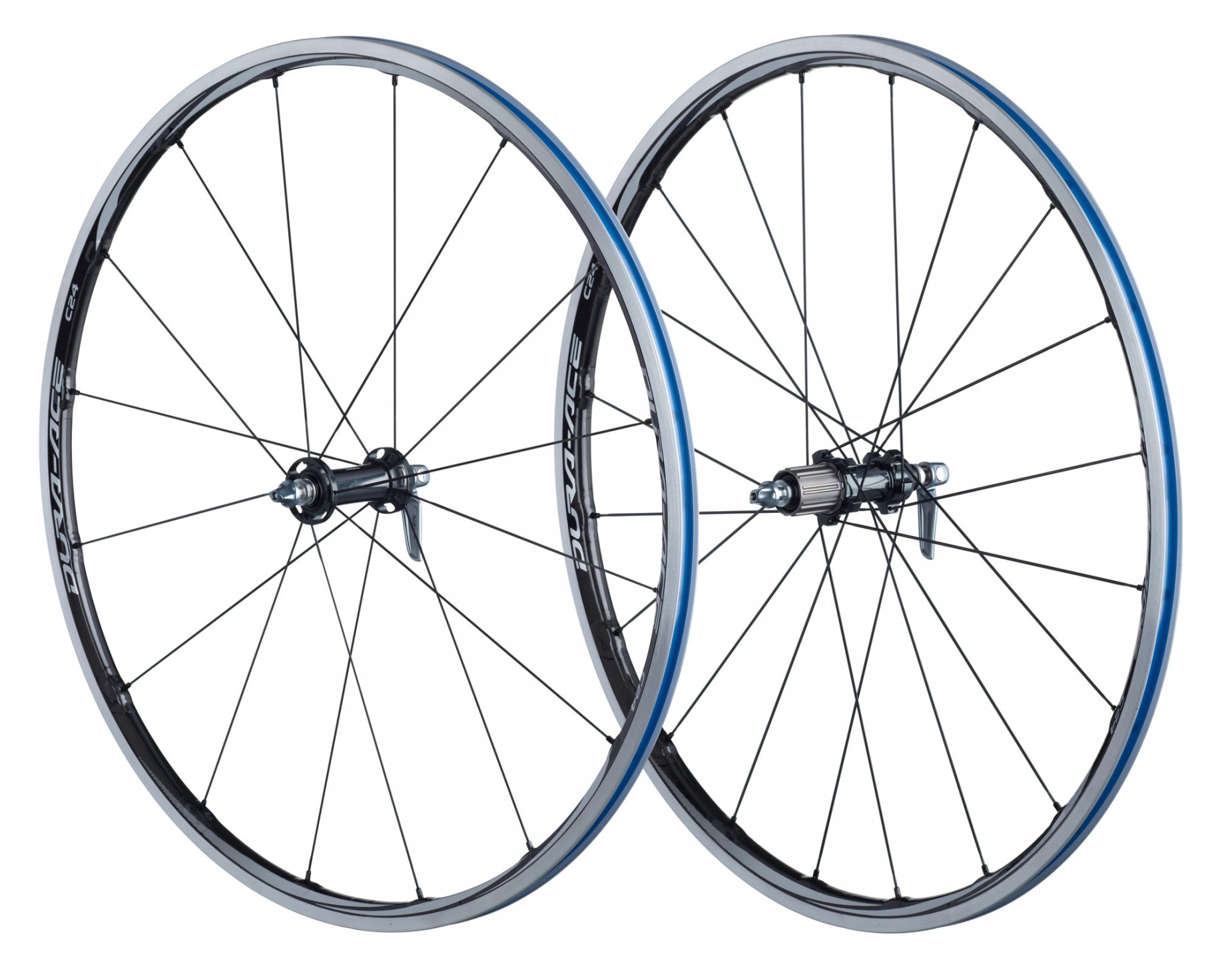
Shimano's Dura-Ace 9000 C24 wheelset offers excellent value for money if you're after some climbing wheels
-

Mavic's Cosmic Carbone SLS wheels offer an aero advantage for a comparatively cheap price
-
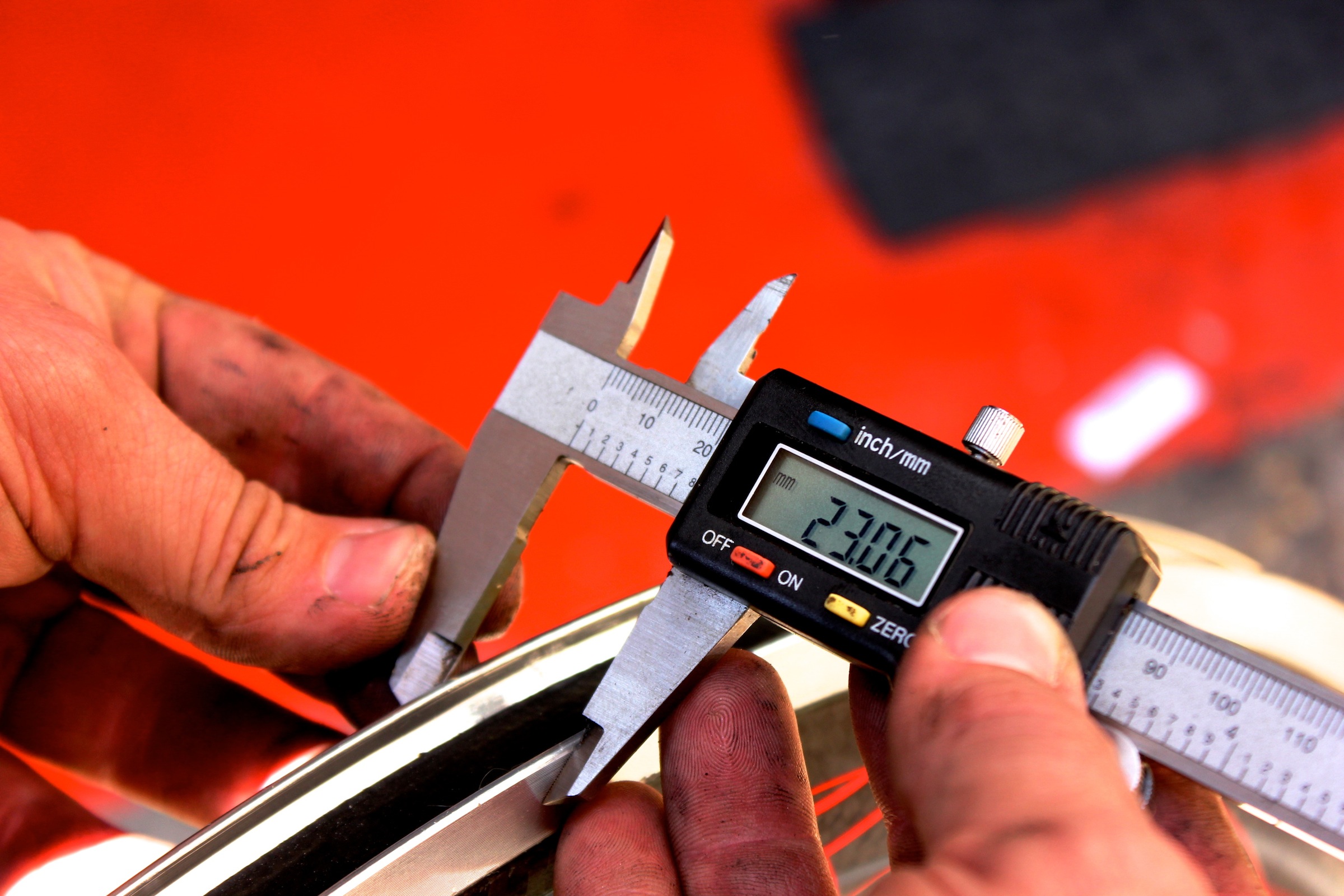
Rim type and choice are an important part of selecting which wheels you want to buy
-
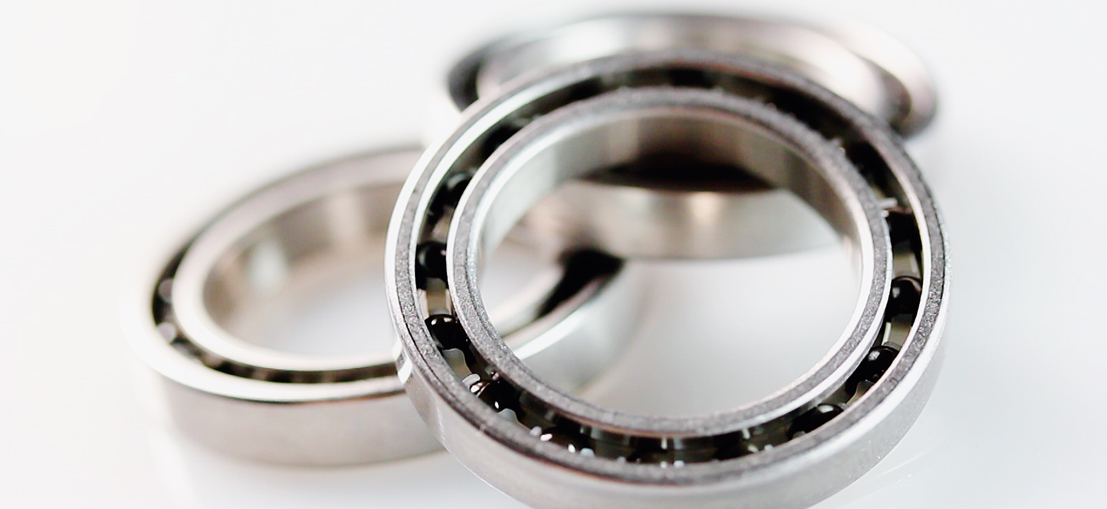
Better wheels have better hubs, and those hubs will have smarter bearings like Campagnolo's USB
-
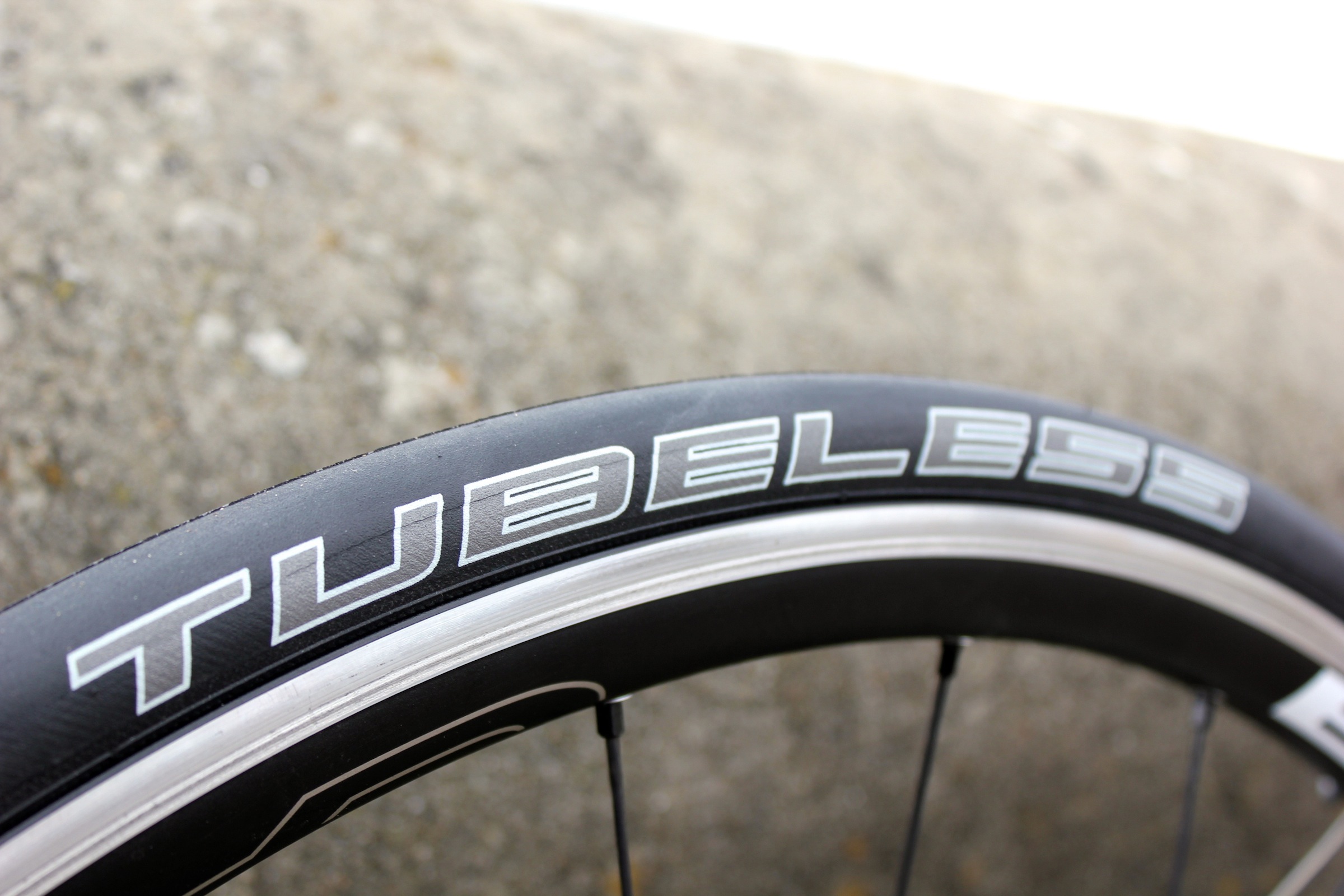
Tubeless systems have their advantages and disadvantages
-
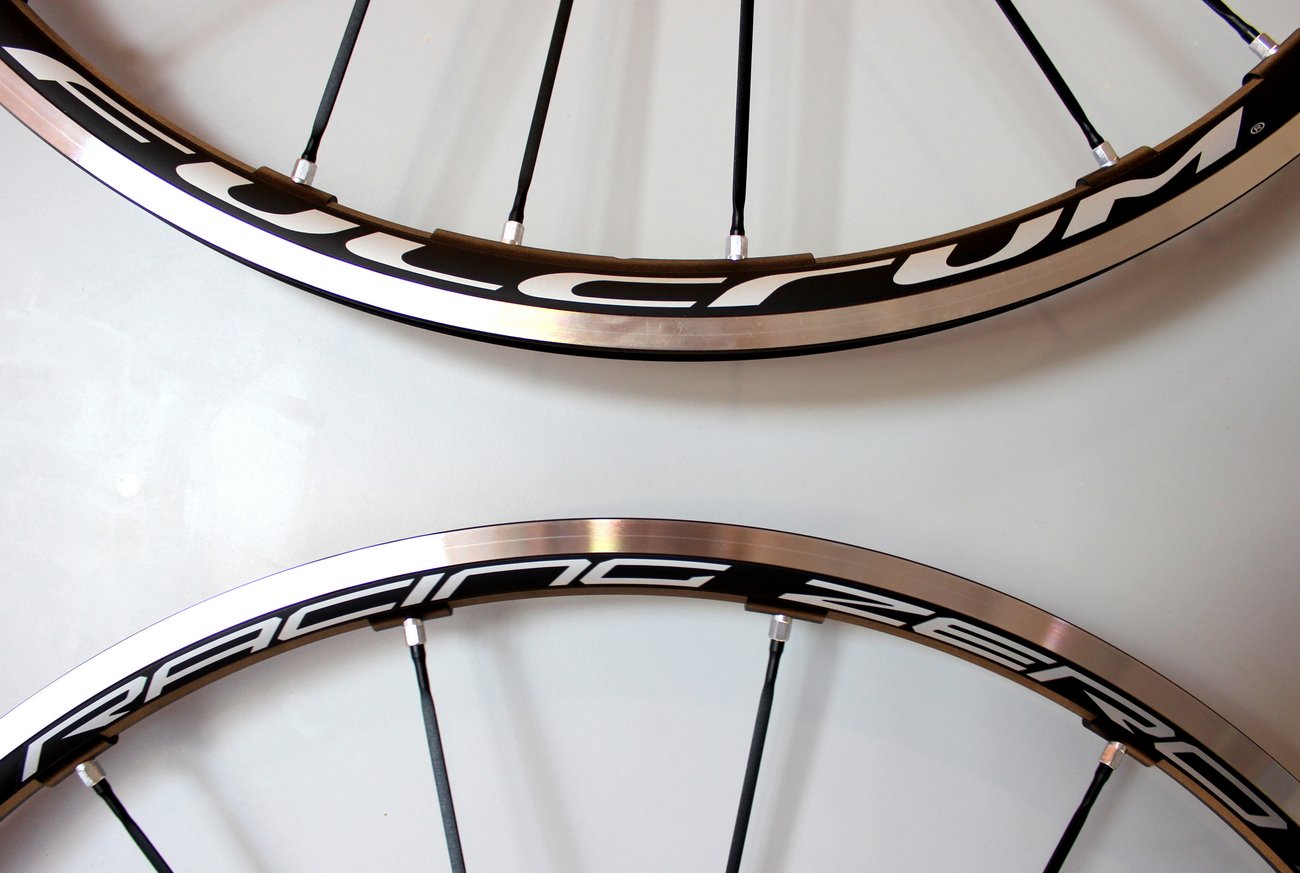
For most people, a wheel upgrade offers genuine bang for your buck
Why upgrade your wheels?
If you’ve bought a road bike that’s anything from £1,000-£2,500, chances are the wheels on it are pretty basic.
Speccing a basic wheelset is one of the key ways manufacturers keep the prices of their bikes down and it makes sense when adding, say, a set of Fulcrum Racing 7s will save hundreds of pounds compared to a set of Fulcrum Racing Zeroes. It makes the price less intimidating and wheels are just wheels, right?
Wrong. Wheels are one of the very few immediately appreciable upgrades you can make on a bike. Swap out a set of basic £150 training wheels for even a set of £400-600 aluminium clinchers and you should notice the difference straight away. For starters, you’ll probably save 250-300g of weight, and it’s amazing how such a seemingly small margin can be noticeable when you’re accelerating.
The other reason why cheap wheels are added to otherwise smart bikes is a simple one. They are, to use everyone’s favourite bike cliché, bombproof. In other words, built to last for a long time with very little maintenance. That strength is part of the reason why they’re so heavy: the materials are cheap and strong rather than better quality and performance-oriented. It’s a double edge sword in many ways, as on the one hand you have heavy, basic wheels that will last a long time without much attention, but on the other you have lighter, techy wheels that might need a bit more care, especially if you frequently ride on roads that are poorly surfaced. Plus, if you ruin them, it doesn’t matter because they’re not worth a huge amount.
Of course, there is a middle ground. In the £400-800 price range you can get a set of wheels that’ll boost your bike’s performance, its looks and generally make the whole ride experience feel better. But before you rush out to grab a new set of rims, there are various factors you need to mull over. In this article we’ll consider what wheels are right for you, weight, aerodynamics, rim type, build quality and more.

